I watched the war in Vietnam on TV and it was served up nightly on the news as our family ate dinner together. I graduated from high school in 1968 and went to a small Pennsylvania college. By the end of my freshman year, I was joining campus protests against the war.
The films and pictures of dead and dying Vietnamese and American soldiers had a huge impact on me.
I was brought up a Methodist in a Republican household that did not talk about disagreeing with the government. In high school, I pulled away from our church, seeing hypocrisy in the way people prayed versus the way they judged “others.” During my freshman year, I began to better understand my own perspectives as compared to those of my parents and grandparents.
I dressed in “hippy” fashion and hung out with others who looked like me and whose compassion for others translated to anger with the government and with authority in general, for allowing young American men and Vietnamese families to die in what we perceived as a senseless war.
I’ll never forget marching down the street and looking up at the federal buildings where soldiers with guns were standing
In one campus demonstration, we kept the campus president in his office, protesting outside his doors. Police came to keep order. Frat boys taunted those of us who were protesting, saying things like “would you s… on the flag!?” I think that was a reference to being unpatriotic because we were protesting but I’m not really sure.
Later I went to a big protest march in Washington, D.C. with a friend. We stayed in a family home, which astonished me because not only was the daughter there going to protest – the parents were also!
My friend and I went to Georgetown for the march and to stay with a friend of his for a couple more days. I’ll never forget marching down the street and looking up at the federal buildings where soldiers with guns were standing, to keep an eye on us and act a deterrent to whatever they had been told was likely to happen. There were bands, the reflecting pool, and at night we went out after curfew to walk around. My head wasn’t entirely clear for that part of the adventure but I do remember that a battalion of men, police, or military, with guns and tear gas came marching down the street toward us. We split off to the side of these men and no one turned to look at us or divert us.We felt pretty cocky for getting away without being gassed. Another time we went into dorms of George Washington University and it was packed full, from entrance lobby to elevators to dorm rooms. The crowd was too much for us and we left.
A year or two later, the war still wasn’t over and I was getting married, at age 20. We decided to do it at a peace march in DC. We found a minister who agreed to do the ceremony and to let us stay in his home. I actually had to get my parents’ permission to get the marriage certificate! That was how I told my family what I was doing. This march was peaceful and we were married on the Capitol lawn I believe. You wouldn’t get on that property today. I was going to wear a pioneer woman type dress with a bonnet but ended up in jeans, always more comfortable.
The marriage dissolved after a few years. I finished school, got a masters several years later, worked in human services, had a baby while working on my masters. So much happened in a few years.
My compassion for people seems to have been channeled into the human services work and it still is today. Advocacy that began in the 60’s around the war, expanded into feminism in the 70’s, continues today on topics that affect people’s lives and the way some populations are stigmatized by policies and perceptions. I still dislike war and I participated in the local Women’s March. I let policy makers and legislators know what this constituent is thinking and I help others learn how to impact policies that affect their lives.
I would do the protesting all over again.

